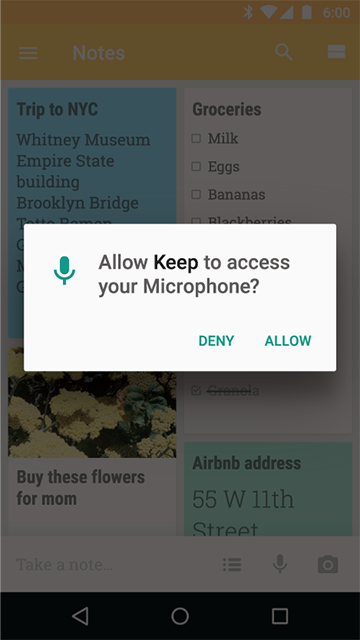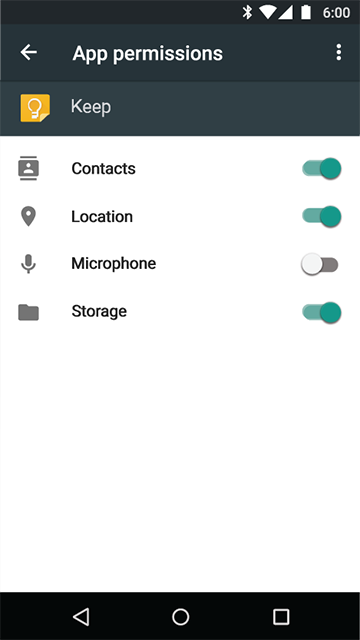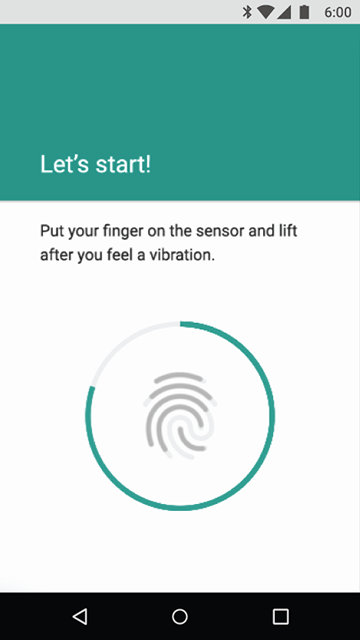Google Maps adds offline search and navigation - November 10, 2015
Offline search and navigation features were first previewed all the way back in May, at Google I/O, and are now beginning to roll out to Google Maps users. You simply search for a city, county or country and tap Download on the place sheet, or go to Offline Areas in the Google Maps menu and tap the + button.
Once you've downloaded your area of choice, Google Maps will switch to the offline map whenever it detects patchy or non-existent internet connectivity. Offline, Maps will function much the same as it does online, giving you turn-by-turn directions, business opening hours, useful information and contact numbers. If your internet picks up again, Maps will switch back to online mode, granting you access to live information, such as traffic alerts.
The feature is rolling out to Android users first, with iOS users said to be getting it "soon".
Google Maps 9.16 adds gas prices and detours - October 20, 2015
Fluctuating oil prices are driving a fixation with gas prices and Google, as ever, is tapping the collective modern mind. It was always pretty easy to just ask Maps to direct you to the nearest station, but that served convenience alone. Now you can view which stations close to you are offering the cheapest gas prices, and save a few cents at the pump.
Additionally, the new update lets you add detours while you're en route. When you're using navigation mode and you realize you've forgotten to pick up the vital ingredient for dinner, or you've been traveling for hours and are approaching starvation, you can now tap the magnifying glass in the the top right corner to access a drop-down menu with options like restaurants, grocery stores and coffee shops. If what you want isn't on that list, you can search or use voice commands to get to where you want to go.
Google Maps 9.13-15
A number of small changes were made to Maps through several incremental updates earlier this year.
First, a small Street View thumbnail was added to the screen when you drop a pin in a location covered by one of Google's Street View cars. Then, Google added the Add a missing business option to the navigation drawer, making it more visible, so you can add in places that haven't yet been picked up on.
The navigation UI now features a much larger map in between the journey time and location/destination input. A popular times feature now lets you see when a particular restaurant is likely to be busy, which presumably will be at lunch and dinner, but who really knows? And finally, you can now turn off traffic notifications, which might well save you enduring an onslaught of updates when you already know the situation.
Have you found the latest Google Maps updates useful? What features would you like to see in future? Let us know below.










